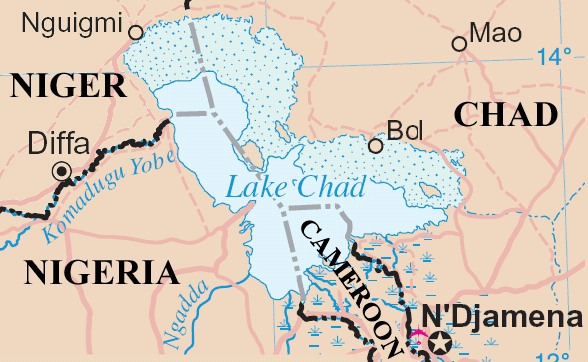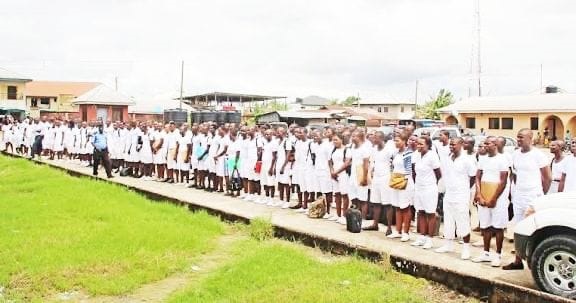The Minister of Defence, Muhammed Badaru, has said that the Lake Chad and the Sahel regions have remained focal points of insecurity as hotspots for Jihadist activities, with groups exploiting local grievances and state weaknesses.
Badaru stated this during a Ministerial Briefing on the activities of the defence sector on Wednesday in Abuja.
He said the Lake Chad Basin, encompassing parts of Nigeria, Niger, Chad, and Cameroon, had continue to face significant threats posed by the Boko Haram and its splinter group, Islamic State West Africa Province (ISWAP) terrorist group.
He said that the Nigerian military had in the past years, intensified operations in the northeast, particularly through collaboration within the Multinational Joint Task Force (MNJTF), adding that they had significantly weakened Boko Haram and ISWAP strongholds.
“Several high-value targets have been neutralized, and dozens of captured territories have been reclaimed.
“In collaboration with our international partners, we have also enhanced intelligence sharing and deployed advanced surveillance technology in the Lake Chad region, improving our cross-border response capabilities.
“The instability in the Sahel has direct implications for Nigeria, especially in its northern regions.
“The Sahel, stretching across Africa south of the Sahara, faces escalating violence from armed Islamist groups.
“The formation of the Alliance of Sahel States by Mali, Burkina Faso, and Niger, following their exit from ECOWAS, signifies a shift in regional security dynamics.
“However, analysts express concerns that these moves may further destabilise the region.
“Nigeria has had to respond strategically, balancing regional diplomacy with reinforced border security,” he said.
Badaru said Nigeria had maintained its commitment to multilateral platforms while recalibrating its regional defence posture to address new alliances such as the Alliance of Sahel States.
He said that the future strategic plans of the government were focused towards the desired outcome that was expected to achieve certain parameters for enhanced national security.
These parameters, according to him, are geared towards ending insurgency and banditry in the Northeast and Northwest, respectively.
“Furthermore, these measures will also be a vehicle to curb pipeline vandalism and oil theft in the South-south and help to end separatist agitation in the Southeast for enhanced national security.
“These will be via modernisation of the armed forces through the acquisition of state-of-the-art technology equipment, continuous collaboration with MDAs, relevant security agencies, civil society organisations and other relevant stakeholders for sustained national security and development and continuous partnership with friendly nations to enhance national and regional security.
“There are ongoing review of National Defence Policy 2017; implementation of the provisions of Harmonized Terms and Conditions of Service 2024 (officers and soldiers/ratings/airmen) and continued digitalisation and electronic content management system.
“It also include the increase in the strength of the armed forces through the enlistment of more officers and enhanced recruitment of soldiers, ratings and airmen/airwomen,” he said. (NAN)





